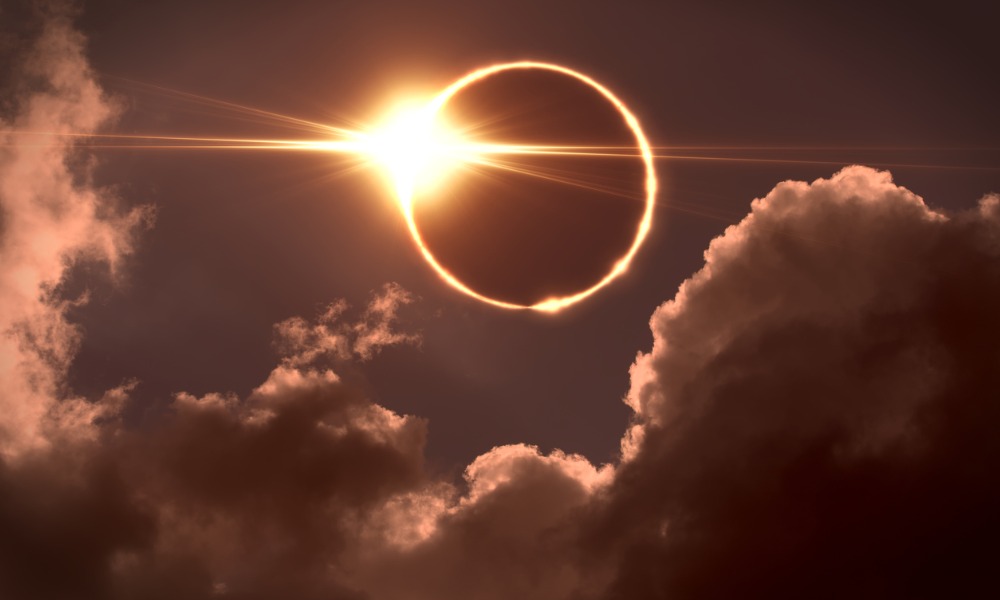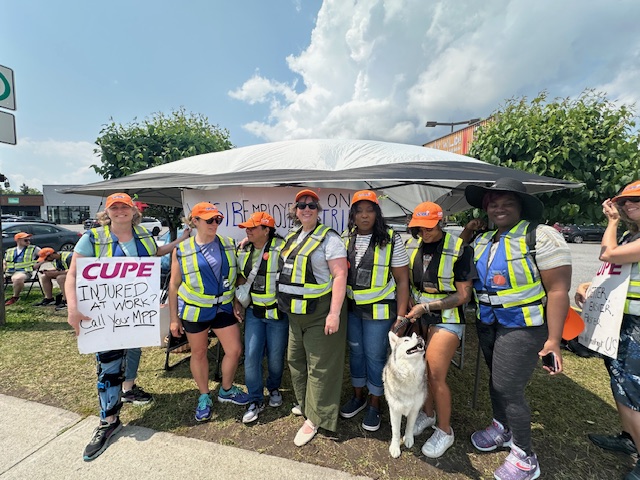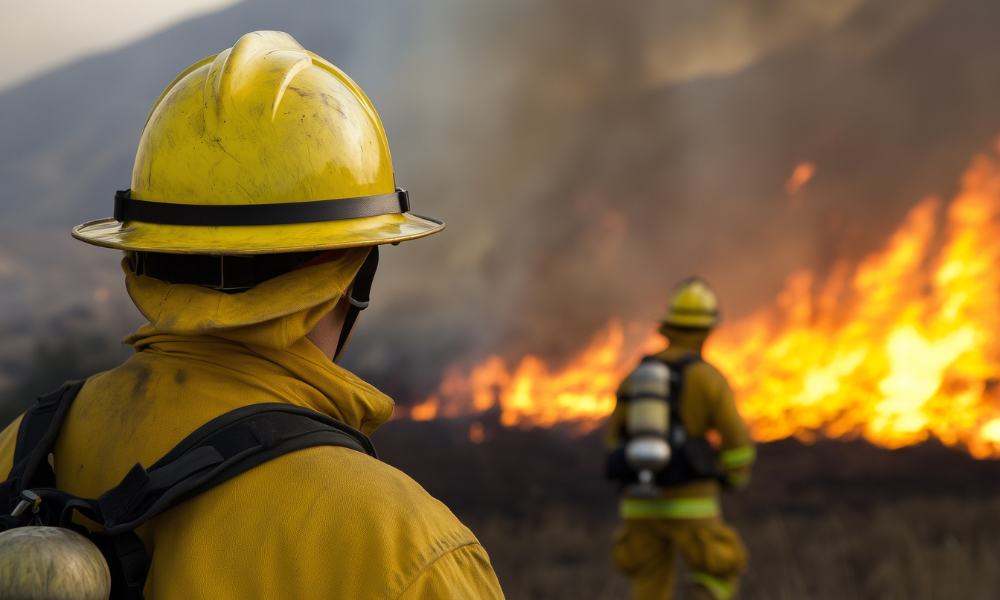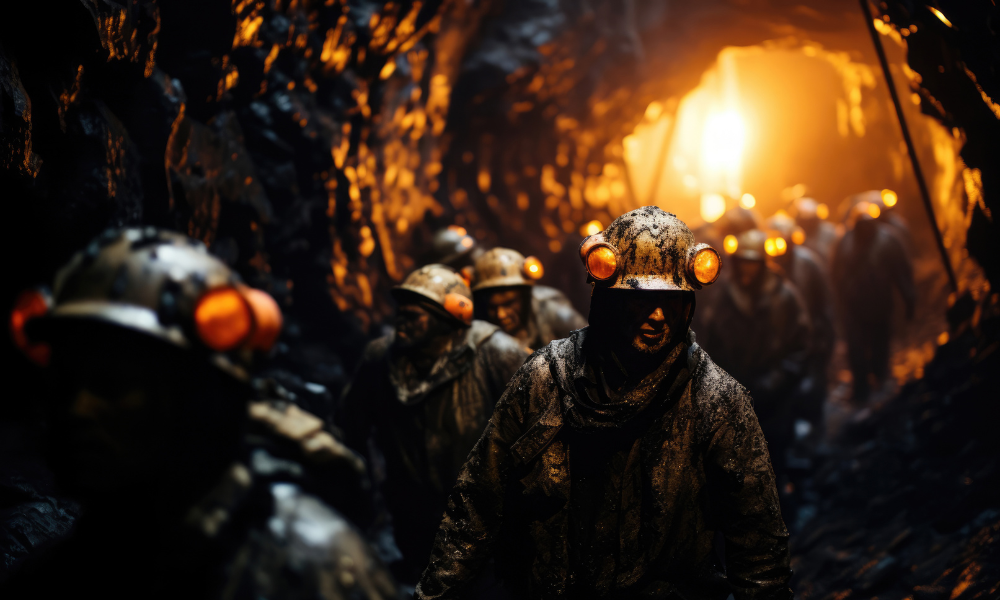IHSA offers advice ahead of celestial event on Monday

As anticipation grows for the total solar eclipse set to sweep across North America on Monday, April 8th, Jennifer McKenzie, director of stakeholder and client engagement at the Infrastructure Health and Safety Association (IHSA), is urging health and safety professionals to prioritize safety measures to protect workers during this rare celestial event.
"The best way to control the hazard is to potentially stop work during the time of the eclipse and make sure that everybody is in a safe place," says McKenzie.
With the eclipse expected to darken portions of southern Ontario between 2 and 4 p.m., McKenzie emphasizes the importance of controlling hazards and ensuring workers' safety.
There may also be many workers who want to watch the eclipse, but McKenzie cautions against this unless they are using certified eclipse glasses that meet the ISO 12312-2 standard, because inadequate eye protection could be extremely dangerous.
"We are saying that there are places that are providing glasses may not meet that standard. So if an employer is providing them, it is up to them to make sure that those glasses meet the standards," she advises.
IHSA is also highlighting the potential risks associated with distractions and diminished visibility during the eclipse, urging employers to implement appropriate controls. "Ensure the jobsite is adequately lit and that workers wear high-visibility clothing... distractions could potentially be a huge factor in motor vehicle collisions during this time as well," warns McKenzie.
When questioned about the duration of work stoppage, McKenzie recommended ending work early for the day to ensure workers' safety and to mitigate the risks associated with distracted driving. "What we've recommended is that they stop the work early for the day... it's really up individuals to make sure that they get home safely," she explained.
Regarding the measures taken by some school boards, McKenzie acknowledged the decision to declare a PA Day and expressed concerns about additional hazards posed by children being out of school. "We now have kids that are off that day, and potentially their parents are still working... we also have to be mindful of that as well, especially when we're traveling," she notes.
McKenzie reiterated IHSA's commitment to providing comprehensive safety guidelines for employers and workers, focusing on proactive measures to ensure a safe environment during the solar eclipse. "Most of the information is on that pamphlet that we sent out... we're saying the best option is to always stop the work, and if you can't, then we need proceed safely.”
As health and safety professionals prepare for the celestial spectacle on April 8th, IHSA's guidance serves as a vital resource in safeguarding workers and minimizing risks associated with the solar eclipse.





